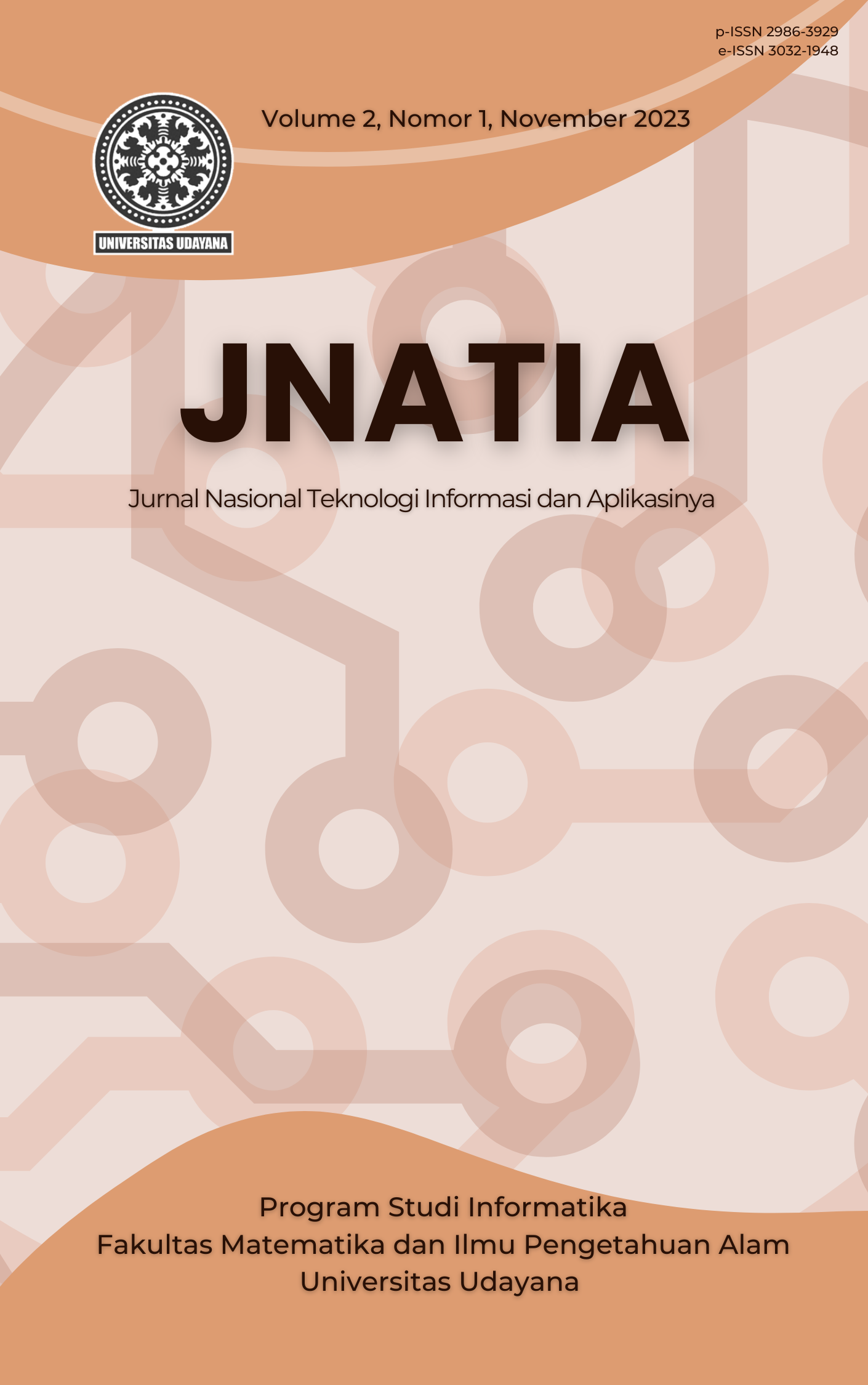Sistem Rekomendasi Game dengan Metode K-Nearest Neighbor (KNN)
Abstract
The rapid growth of the gaming industry has resulted in an overwhelming number of game titles available to users. However, the abundance of choices makes it challenging for users to find games that match their preferences and interests. To address this issue, this research paper focuses on the development of a game recommendation system. The goal is to create an effective system that assists users in discovering games that align with their tastes and enhances their gaming experience.In this study, the K-Nearest Neighbor (KNN) method is employed as the underlying algorithm for the game recommendation system. The KNN method is a popular machine learning technique known for its ability to classify data based on similarities.This allows the system to recommend games that are likely to be of interest to users based on their preferences and the characteristics of games they have previously enjoyed. This research contributes to the field by showcasing the potential of the K-Nearest Neighbor (KNN) method in developing an efficient game recommendation system. The system's capability to assist users in discovering engaging games tailored to their interests has implications for improving user experience and driving game sales.




